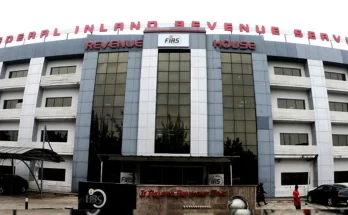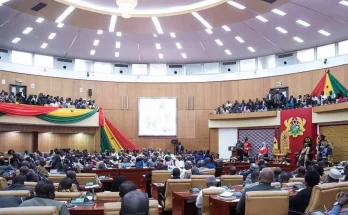Earlier today, Thursday, June 26th, 2025, President Bola Ahmed Tinubu signed into law four transformative tax bills aimed at modernizing Nigeria’s revenue framework, enhancing ease of doing business, and boosting non-oil income streams.
The signing, which took place at the Presidential Villa in Abuja, was witnessed by key government officials including the Senate President, Speaker of the House of Representatives, the Chairmen of both Finance Committees, and top executive officers such as the Minister of Finance and Attorney General of the Federation.
This move marks a critical step in the federal government’s tax reform journey, with broad implications for businesses, employees, and tax administrators.
1. Small Businesses Get a Major Break
With the new law, businesses making ₦50 million or less in annual turnover are now exempt from paying Company Income Tax (CIT).
This is a substantial increase from the previous threshold of ₦25 million, providing relief for thousands of small enterprises across the country.
2. Pay-As-You-Earn (PAYE) Relief Expanded
The law also adjusts the income brackets for PAYE:
- Anyone earning ₦83,000/month or ₦1 million/year or less will now pay zero PAYE tax.
- Salaries up to ₦1.7 million/month will attract reduced tax due to more generous personal reliefs.
This reform is expected to increase disposable income for low- and middle-income workers.
3. New National Tax Authority: The NRS
The legislation establishes the Nigeria Revenue Service (NRS), replacing the Federal Inland Revenue Service (FIRS).
The NRS will have expanded powers, including collecting non-tax revenues, and will operate under a digitally driven, performance-based model.
Nigeria: Tinubu to Sign Four Tax Bills into Law Today, June 26, 2025
4. Simplified Tax Laws for Businesses
The Nigeria Tax (Ease of Doing Business) Act consolidates and harmonizes several tax laws.
This will reduce duplicative taxes, ease compliance, and improve transparency—especially for small and medium-sized enterprises (SMEs).
5. Taxing the Digital Economy
To align with global trends, the reform repeals the former Digital Assets Tax and introduces:
- 5% excise duty on transaction fees from digital platforms.
- 10% excise duty on services by virtual asset providers.
- Extended tax obligations for non-resident tech companies offering services in Nigeria.
6. Fairness and Dispute Resolution
The Joint Revenue Board (Establishment) Act creates:
- A Tax Appeal Tribunal for faster resolution of disputes.
- A Tax Ombudsman Office to ensure fairness and taxpayer protection.
This is part of the government’s commitment to transparent and equitable tax administration.
Moving Forward
The passage and signing of these tax bills signal Nigeria’s renewed focus on fiscal sustainability.
With a tax-to-GDP ratio hovering around 13%, these reforms are designed to close loopholes, encourage voluntary compliance, and shift the country away from over-reliance on oil revenues.
Analysts believe that the real impact will be seen over the next few years as the policies take root, enforcement improves, and digital systems are fully deployed.




